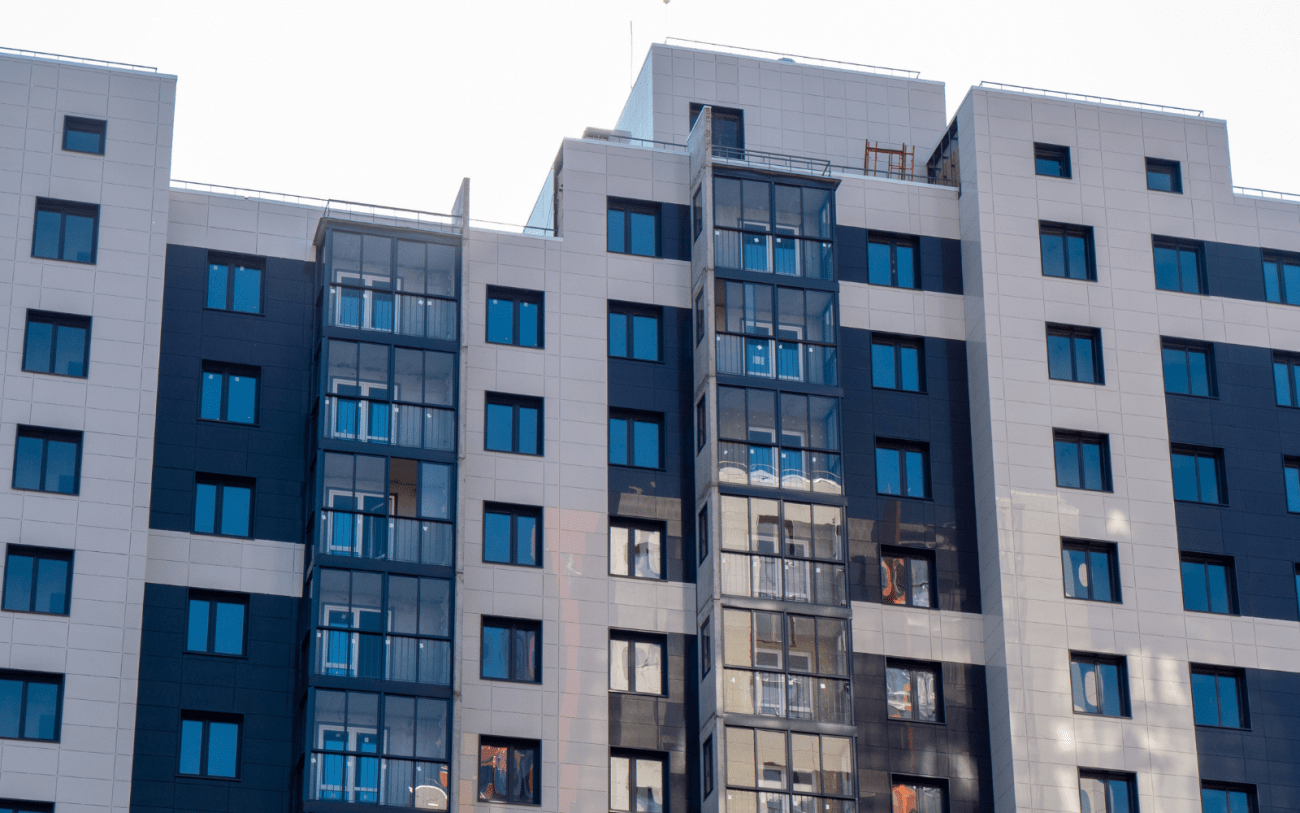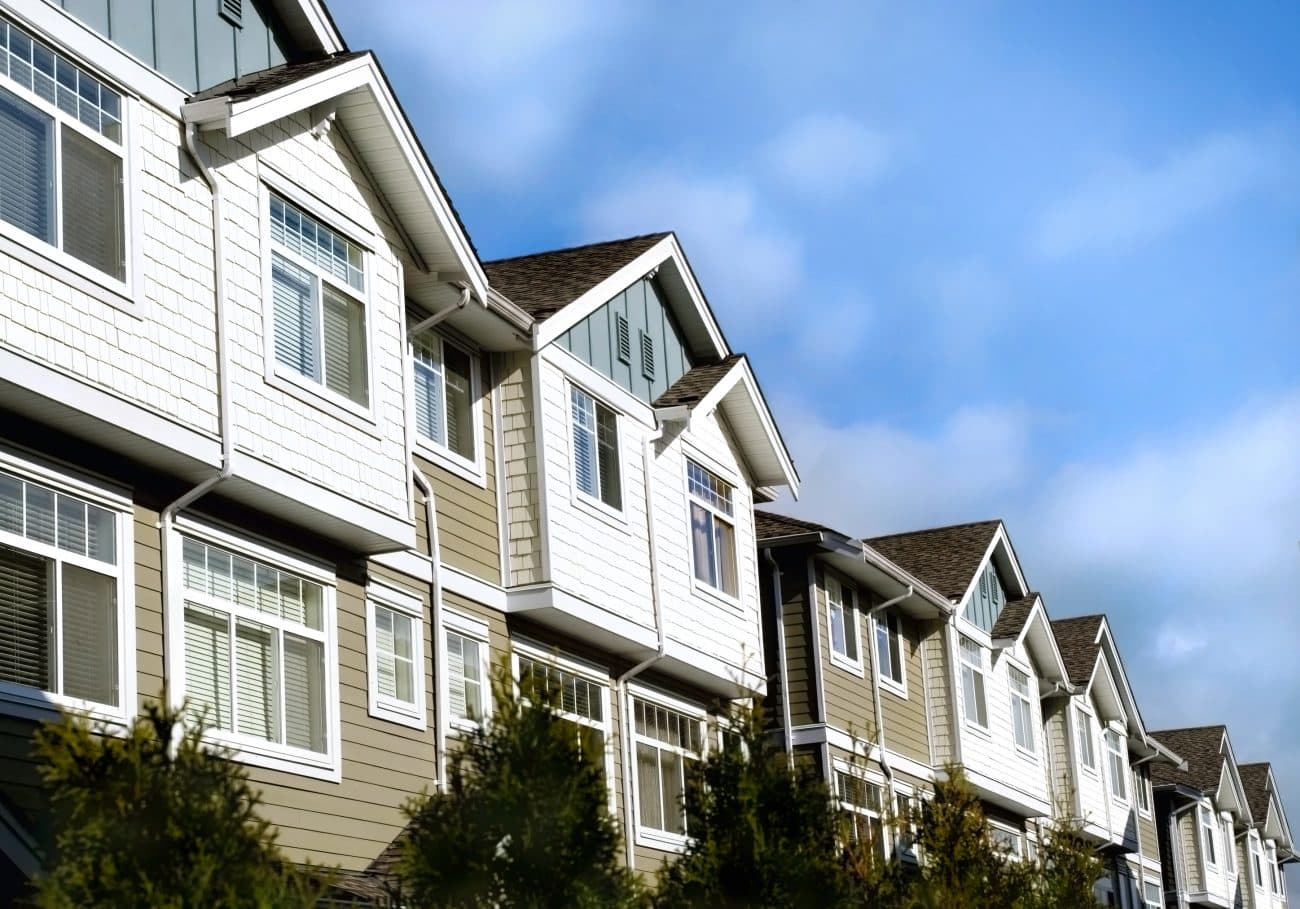
Ask an Expert
If property capital allowances have put your head in a spin, it’s time to reach out to an expert.
Specialist Property Capital Allowance Experts can help you to find the best way to maximise your tax relief options with capital allowances, and they can even do all of the research legwork for you too.
Speak to our team today to find out how we can help you claim your tax relief.
Latest News
-
 15 November 2024
15 November 2024Specialist CA Tax Advice for Accountants
At CARS, we’ve been providing expert support and advice for accountants for years. We understand that in the fast-paced world of accounting, keeping up with every aspect of tax legislation can be a daunting task. For accountants, Capital Allowance (CA) tax relief is an area that holds significant... -
 8 November 2024
8 November 2024Understanding Research and Development Allowances (RDAs) on Capital Expenditure
Innovation is a beacon of progress, driving companies toward success and relevance. The pivotal role of Research and Development (R&D) in fostering innovation is recognised and, as a result, incentives are offered to businesses through mechanisms like Research and Development Allowances (RDAs). Understand...
Contact Us
Our expert team are here to help answer any of your capital allowances questions or enquires you have about your commercial property.








